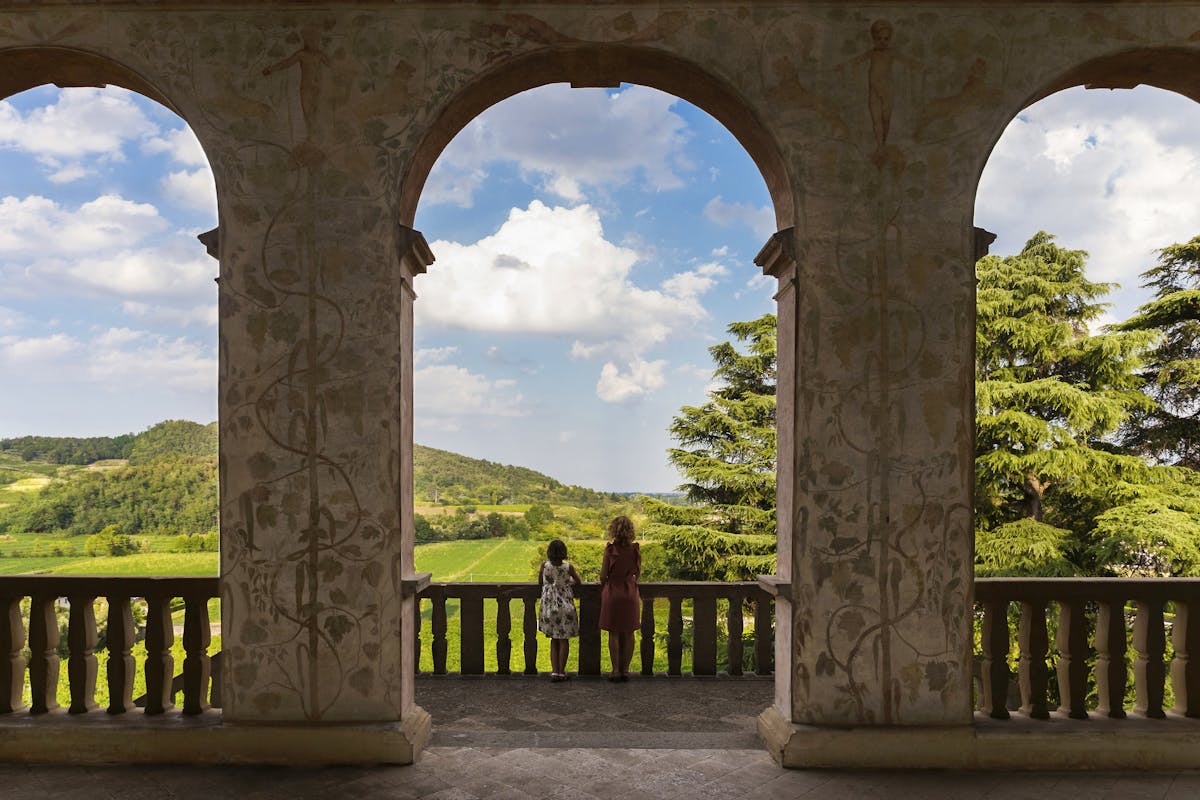
A heritage of beauty that we protect and enhance thanks to the commitment of many professionals - architects and art historians, gardeners, guides, caretakers. And then the volunteers: it is also thanks to them that our properties are available to everyone.
From the Villa Gregoriana Park in Tivoli, near Rome, whose nucleus is Greek, to the Negozio Olivetti that opened in Piazza San Marco in Venice in 1958: from year to year, from century to century, the properties recount the history they lived through. And we have been working for over 49 years to bring it back to you.
And it is to the current and potential public of our properties that we are bound by the common interest of an uplifting, satisfying, joyful, cultural and leisure time enjoyment tailored to different needs: this is why we offer a rich calendar of activities for families with children, lovers of outdoor activities, schools of all levels and the most culturally curious.
We acquire assets that are part of the heritage and identity of our country and which, without our intervention, would be destined to abandonment.
We restore them, enhance the stories and content that come with them, and make them available to everyone.
Most of the properties are donated to us spontaneously by private individuals. Other properties are entrusted to us by institutions, such as the Giardino della Kolymbethra in the Valley of the Temples in Agrigento, Sicliy, Parco Villa Gregoriana in Tivoli (Rome) and the Abbazia di Santa Maria di Cerrate in the province of Lecce, Puglia.
Donating a property to FAI means giving it a future. Not only do we restore it, but first we study it in depth in order to enhance its value and return it to public use.
We evaluate every type of donation. However, we adopt precise criteria to choose which places can become a FAI property:
- history: our assets must be able to tell the story of the evolution of Italian identity, culture, art and landscape.
- the territory: we like an asset to be significantly integrated with the territory to which it belongs, so as to enhance not only the asset but also the value of its entire context.
- sustainability: the renovation and subsequent opening of an asset to the public must meet criteria of economic, social and environmental sustainability, both for large and smaller assets.
Types of institutional FAI properties
Open
In restoration
Sponsored
Promoted
